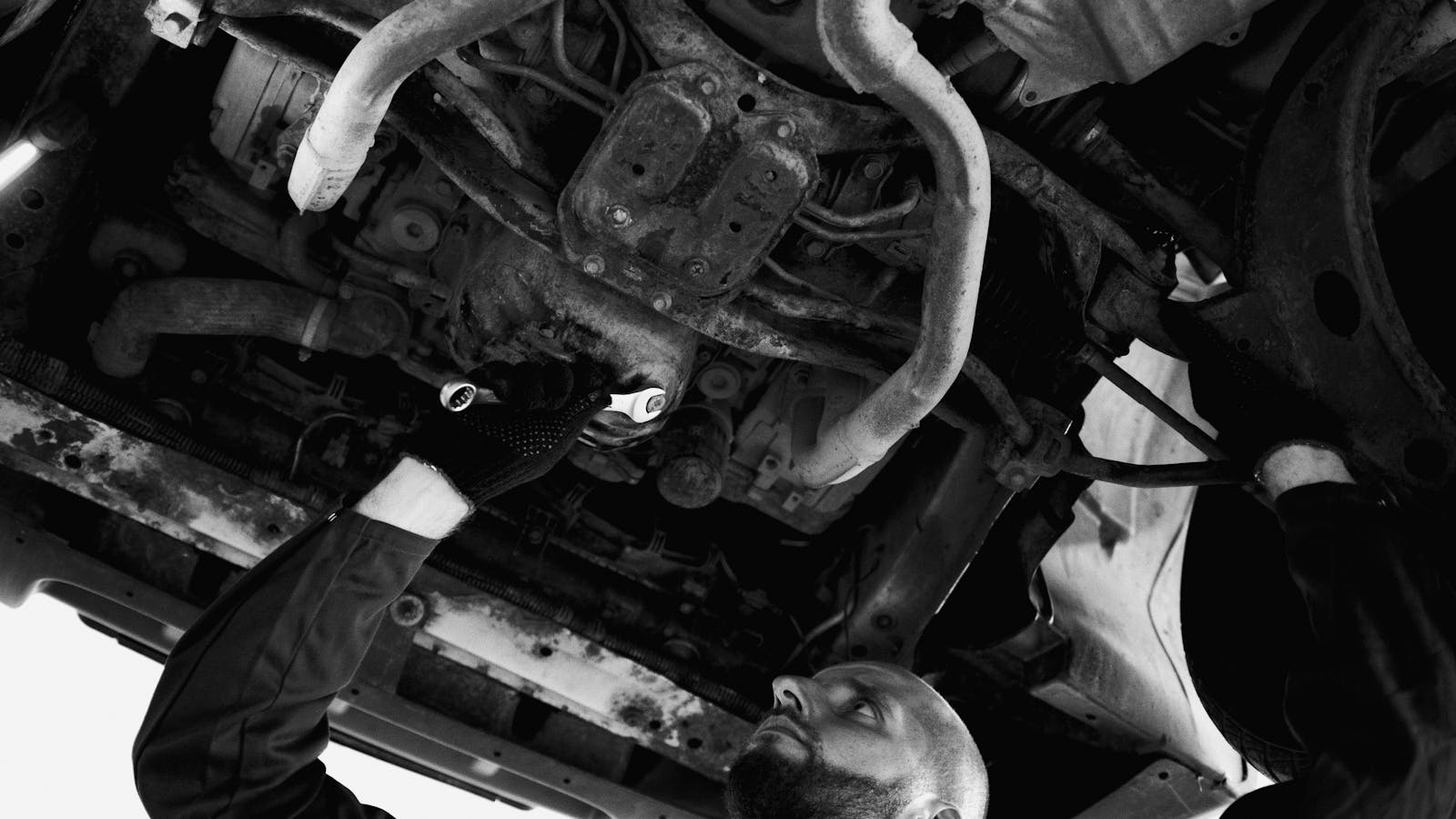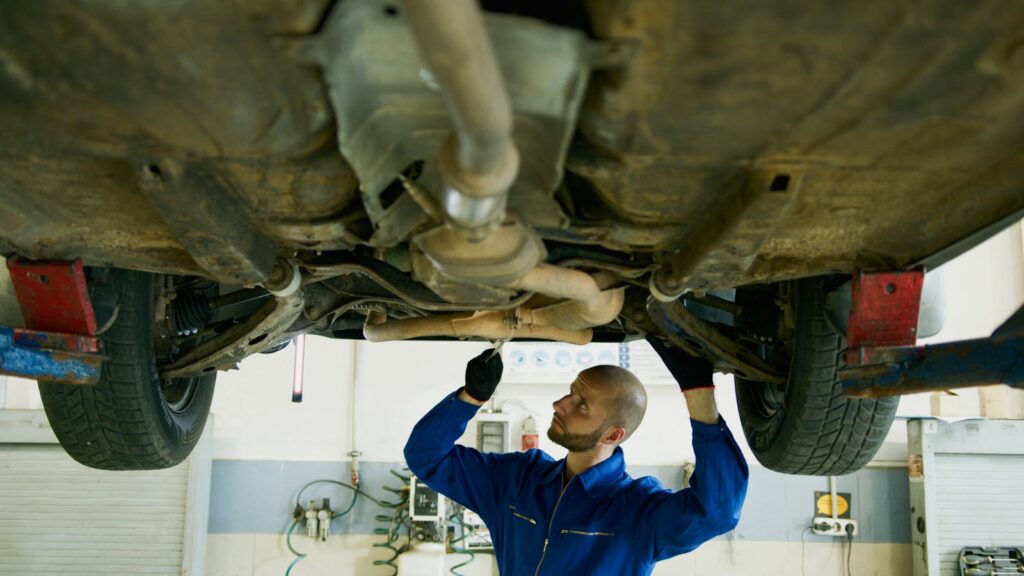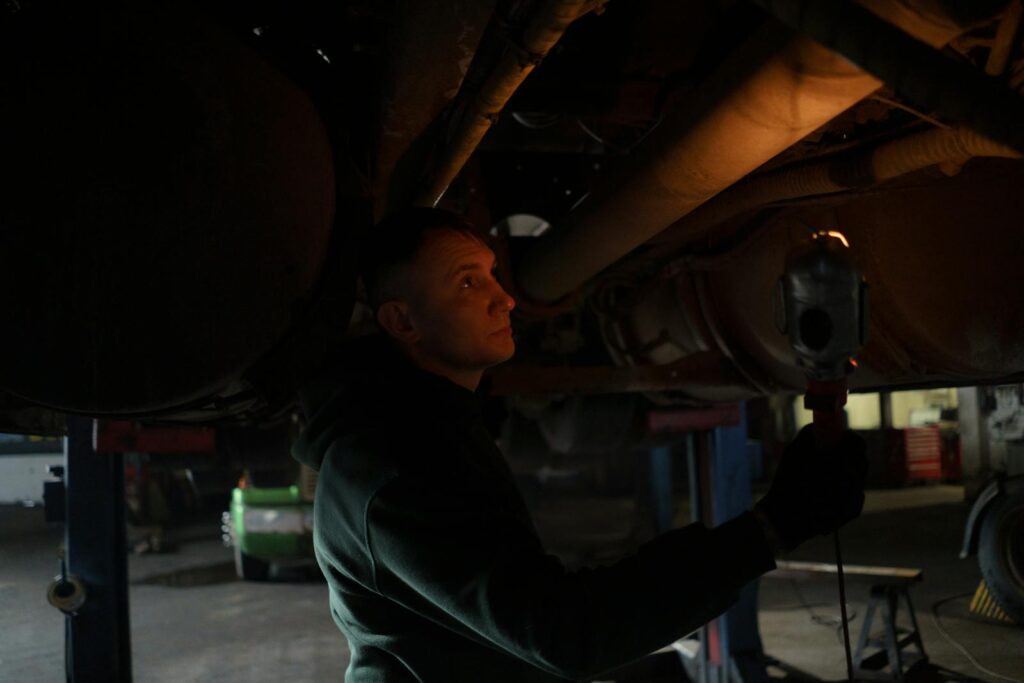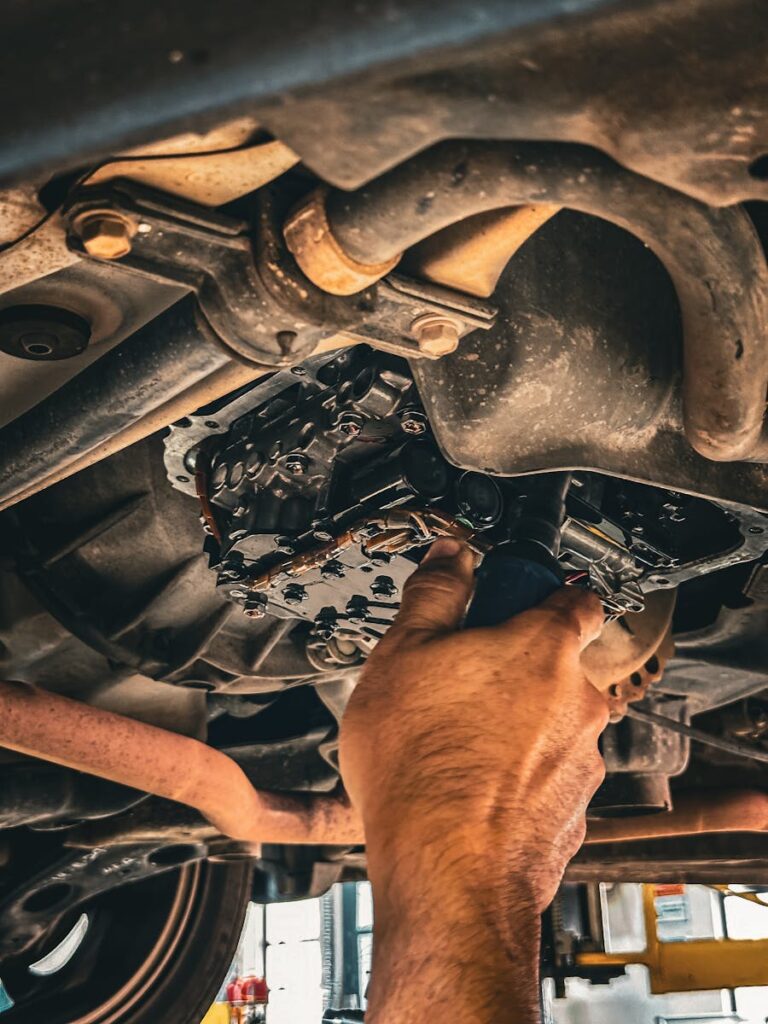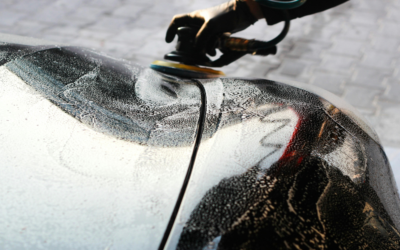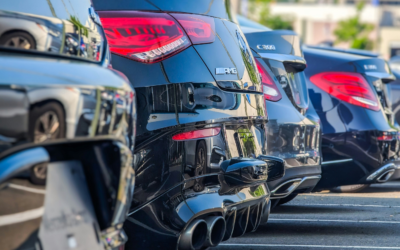Many drivers rarely think about the undercarriage of a car, but this hidden part plays a critical role in ensuring the structural integrity and overall performance of the vehicle. From vital components like brake lines to the suspension system, the undercarriage is key to a smooth and safe driving experience. Neglecting this area, however, can lead to costly repairs, safety risks, and further damage.
This comprehensive guide will explain what makes up the car’s undercarriage, the problems it can encounter, and how to keep it in top shape with regular maintenance.
What Is the Undercarriage of a Car?
The undercarriage refers to everything underneath your car, including critical components that play either mechanical or structural roles. Constant exposure to elements such as road debris, moisture, and salt makes the undercarriage a vulnerable area for rust, corrosion, and damage. Despite this exposure, it is often overlooked when it comes to maintenance.
Key Components of the Car’s Undercarriage:
Exhaust System
This system, including the exhaust pipe and catalytic converter, ensures that harmful gases produced by your car’s engine are properly filtered and released. Damage here can lead to performance issues and fail emission tests.
Brake and Fluid
Brake lines are essential for the flow of brake fluid, enabling the car to stop safely. A leak in your lines can reduce braking power, increasing safety risks and the need for costly repairs.
Suspension System
Containing elements like shock absorbers and other support systems, the suspension ensures you have a smooth ride over bumps and uneven terrain. Faults in this system can lead to difficulty steering.
Fuel Lines
These lines deliver fuel directly from the tank to the engine. Should they become corroded or damaged, it could result in leaks and reduce the car’s performance.
Oil Pan
Sitting at the bottom of your engine, this component holds the oil that keeps your engine lubricated. The oil pan is particularly susceptible to damage caused by speed bumps or debris on the road.
Why Taking Care of Your Car’s Undercarriage Is Important
Properly maintaining your car’s undercarriage is critical for a variety of reasons. Below are the key benefits of giving this often-overlooked area the attention it deserves:
Prevention of Rust and Corrosion
The undercarriage is continually exposed to water, road salt, and debris, especially in areas with harsh winters. Over time, this can lead to rust and corrosion, which weaken the structural integrity of your vehicle. Protecting and cleaning the undercarriage regularly helps prevent these damaging effects and extends the life of your car.
Improved Vehicle Safety
A neglected undercarriage can accumulate debris or damage critical components like brake lines, fuel lines, and suspension parts. Ensuring this area is in good condition is essential for your vehicle’s overall safety, giving you better handling and reducing the risk of mechanical failures while on the road.
Enhanced Performance
Dirt, mud, and grime can build up on the undercarriage, causing extra weight and reducing the efficiency of your vehicle. A clean undercarriage ensures optimal aerodynamics and performance, allowing for smoother rides and improved fuel efficiency.
Cost Savings on Repairs
Regular maintenance of your undercarriage can help you catch small issues before they become major, costly problems. Addressing rust spots or damage early can save you from having to replace entire components down the road.
Resale Value Retention
When it comes time to resell or trade in your car, the condition of the undercarriage will play a significant role in its appraisal value. A well-maintained undercarriage signals that the vehicle has been cared for properly, making it more appealing to potential buyers.
By prioritizing the care of your car’s undercarriage, you’re ensuring not only the longevity of your vehicle but also your safety and financial investment.
Common Causes of Damage to the Undercarriage
Because the undercarriage is out of sight, problems can escalate when left untreated. Knowing the common causes of undercarriage damage can help you prevent future wear and tear.
1. Road Debris
Small objects like rocks, branches, or scrap metal can strike the undercarriage while driving, causing visible damage to components like the exhaust system or shields.
2. Off-Road Driving
Hitting rough terrain significantly increases wear on the suspension system and other undercarriage components.
3. Road Salt in Colder Climates
Salt is essential for de-icing roads in winter, but it can lead to corrosion if it builds up on your vehicle’s undercarriage.
4. Moisture Trapped in Crevices
Constant exposure to moisture, especially after rain or washing, creates an ideal environment for rust to form over time.
5. Parking Over Grass or Dirt
Parking in such areas exposes the undercarriage to moisture that can seep into the components and start corrosion.
Warning Signs of Undercarriage Issues
To catch problems early, keep an eye out for the following signs of undercarriage issues:
- Uneven Tire Wear: Indicates potential alignment issues caused by damage to the suspension.
- Visible Rust or Corrosion: A visual inspection through a lift or while cleaning may reveal rust patches.
- Leaks: Fluid leaks, such as transmission fluid or brake fluid, suggest a damaged line.
- Difficulty Steering or Steering Problems: This could result from suspension defects.
- Strange Noises: Unusual rattling or clunking sounds when driving may indicate undercarriage damage from debris.
Top Products and Brands for Cleaning Your Vehicle’s Undercarriage
Properly maintaining your vehicle’s undercarriage requires the right tools and cleaning solutions. Below are six highly recommended products and brands designed to help you keep the underneath of your car in excellent condition:
Chemical Guys CLD201
This all-purpose cleaner is specifically formulated for tough grime and dirt, making it ideal for undercarriage cleaning. It removes road salt, grease, and built-up dirt effectively. Buy Chemical Guys CLD_201 here
Meguair’s D101 All Purpose Cleaner
A trusted name in car care, Meguiar’s D101 is versatile, powerful, and safe for use on your vehicle’s undercarriage. Its professional formula ensures a thorough clean without damaging surfaces. Buy Meguiar’s D101 here
Undercarriage Spray from Armor All
Armor All’s undercarriage cleaner spray is easy to use and perfect for reaching tight spaces. It’s designed to combat rust, dirt, and grime while leaving a protective finish. Buy Armor All Undercarriage Cleaner here
Karcher K5 Power Wash with Undercarriage Wand Attachment
For those looking for a more comprehensive solution, the Karcher K5 pressure washer, paired with its undercarriage wand attachment, delivers a powerful clean for your car’s underside. Buy Karcher K5 here
Adam’s Undercarriage Cleaner
Adam’s Polishes provides a dedicated undercarriage cleaner that easily removes caked-on dirt and mud, keeping the vehicle’s underside clean and protected from wear. Buy Adam’s Undercarriage Cleaner here
Griot’s Garage Undercarriage Spray
Griot’s Garage products are known for their quality, and their undercarriage spray is no exception. This spray helps clean and protect the undercarriage from corrosion and dirt buildup. Buy Griot’s Garage Undercarriage Spray here
These products, when used consistently, will help maximize the cleanliness and longevity of your vehicle’s undercarriage, ensuring it stays in great condition for years to come.
How to Prevent Damage to Your Car’s Undercarriage
While it’s easy to forget about the undercarriage, regular maintenance can prevent rust, reduce wear, and save you from costly repairs in the future.
1. Schedule Regular Inspections
Have a professional inspect the vulnerable areas of your vehicle’s undercarriage regularly. This helps to identify and rectify issues like fluid leaks and alignment issues early.
2. Cleaning the Undercarriage
When you’re washing your car, don’t forget to clean the undercarriage. Pressure washing can help you get rid of road salt, dirt, and grime that contribute to build up and corrosion. Opt for an undercarriage wash or DIY with a hose and spray attachment.
3. Rust-Proofing Treatments
Rust-proofing involves coating the undercarriage with protective sprays to prevent rust caused by moisture and road exposure. This is especially useful for drivers who frequently drive in colder climates with salted roads.
4. Avoid Speed Bumps and Off-Road Driving
Excessive exposure to speed bumps or gravel roads can damage vital parts like the oil pan and suspension. Stay mindful of high-clearance requirements on uneven terrain.
5. Use Protective Skid Plates
For off-road enthusiasts, skid plates can protect the critical components of your undercarriage by offering an extra layer of defense against rocks and debris.
6. Seek Professional Help
For complex systems like the suspension or brake lines, rely on professionals to assess and repair any damage caused. This ensures everything is properly fixed and reduces the risk of future damage.
Why Undercarriage Maintenance Matters
Maintaining your car’s undercarriage isn’t just about extending the lifespan of your vehicle. Regular care gives you these three key benefits:
- Enhanced Safety: Avoid safety risks like compromised braking or steering problems.
- Better Performance: A maintained undercarriage keeps your vehicle’s performance optimal.
- Savings on Repairs: Addressing minor issues early prevents expensive repairs down the line.

Stop by Fusion Car Wash to get your whole vehicle washed and cleaned! Come see what the hype is all about!
Keep Your Undercarriage in Top Shape
The undercarriage of a car is like its unsung hero, working tirelessly in the shadows to ensure your journeys are smooth and safe. Regular inspections, cleaning, and rust-proofing treatments are non-negotiable if you’re serious about extending the life of your vehicle and avoiding costly repairs.
If you’re not sure where to start, consult a professional inspection service to identify visible damage and address specific undercarriage concerns. Drivers who commit to caring for this critical part of their car will find themselves rewarded with fewer repairs, enhanced safety, and improved overall performance.
Take the first step today and invest in your undercarriage’s health.
